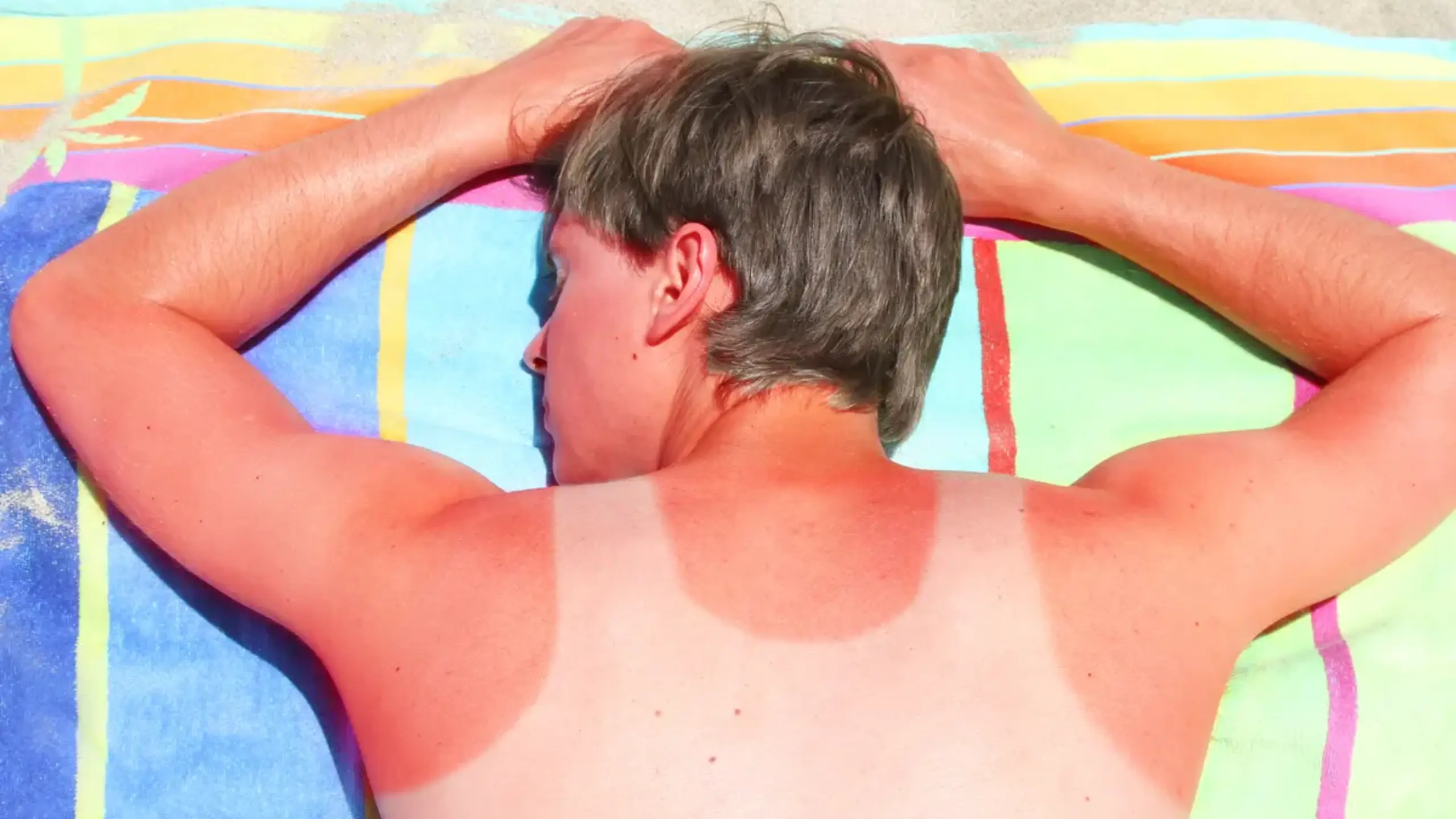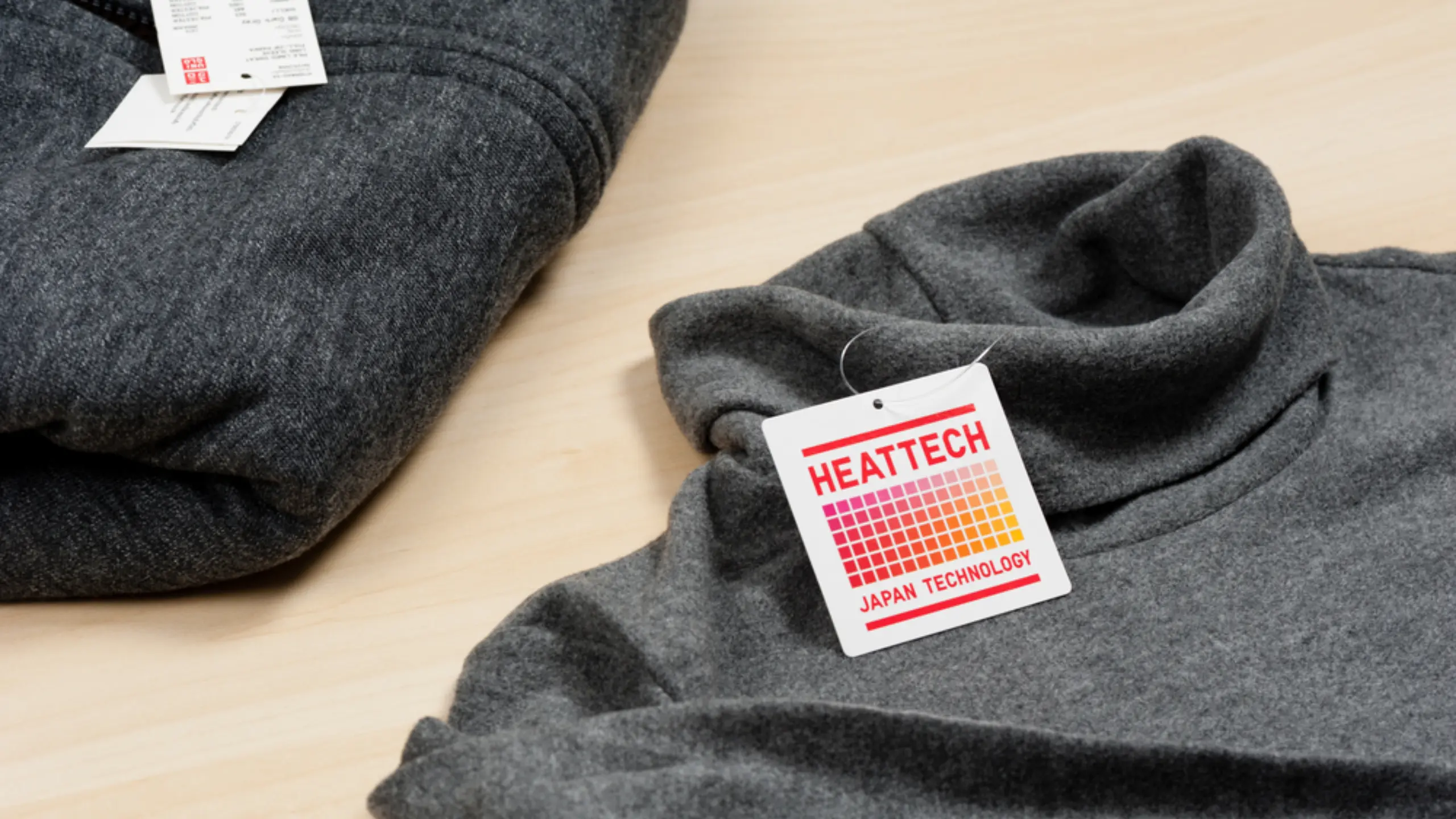Sunburns are painful and uncomfortable, but sometimes they can also cause itching that makes you want to scratch your skin off. Itching is a sign of inflammation, which is your body’s response to an injury like a sunburn. Scratching can worsen the inflammation and damage the skin further, so it’s important to find ways to soothe the itch and heal the sunburn. In this article, we will provide some tips on how to stop sunburn from itching.
Cool off your skin
As with any burn, it is beneficial to apply cold compresses to sunburned skin as soon as possible to help reduce swelling and stop itching. You can use a cool compress, a cool shower or bath, or a spray bottle of cold water to lower the temperature of your skin. Avoid putting ice directly on your skin, as this can cause more harm than good. Also, limit your time in the water, as this can dry out your skin and make it itchier.
Moisturize your skin
One of the best ways to soothe sunburned, itchy skin is to keep it moisturized, as dry skin can increase itchiness. The moisturizer also helps reduce inflammation and promote skin repair. Use a fragrance-free moisturizer that contains hydrating and calming ingredients, such as:
- Ceramides
- Oat extract
- Aloe vera
- Vitamin E
Apply moisturizer generously and frequently to the affected areas, especially after bathing or showering. You can also try the “soak and smear” technique, which involves applying moisturizer to damp skin after soaking in a cool bath for 10 to 20 minutes.
Use anti-inflammatory medications
Another way to stop sunburn itch is to take anti-inflammatory medications that can reduce swelling and pain. You can use over-the-counter drugs such as:
- Ibuprofen
- Naproxen
- Aspirin
Follow the dosage instructions on the label and consult your doctor before taking any medication if you have any medical conditions or allergies.
Use anti-itch creams or sprays
If your sunburn itch is especially severe or persistent, you may need to use topical products that can numb or block the itch sensation. You can try:
- Hydrocortisone cream: This is a mild steroid cream that can reduce inflammation and itching. Apply a thin layer to the affected areas up to four times a day, but do not use it for more than a week without consulting your doctor.
- Calamine lotion: This is a pink liquid that can soothe itching and dry out blisters. Apply it as needed to the itchy areas, but avoid getting it in your eyes or mouth.
- Menthol or camphor spray: These are cooling agents that can temporarily relieve itching by stimulating cold receptors in the skin. Spray them lightly on the sunburned areas, but avoid using them on broken or irritated skin.
Use antihistamines
Sometimes the itchiness in a sunburn is caused by immune system cells that release histamines to notify your brain that something is wrong. An antihistamine can stop this reaction and provide momentary relief from swelling and itching. You can take over-the-counter antihistamines such as:
- Diphenhydramine
- Loratadine
- Cetirizine
Follow the dosage instructions on the label and be aware of possible side effects such as drowsiness or dry mouth.
Avoid triggers
Some factors can make your sunburn itch worse, so it’s best to avoid them until your skin heals. These include:
- Heat: Exposure to heat can increase blood flow and inflammation in your skin, which can worsen itching. Stay in cool environments and wear loose-fitting clothing made of breathable fabrics.
- Sunlight: Exposure to sunlight can further damage your skin and delay healing. Stay out of direct sunlight and wear sunscreen, hats, sunglasses, and protective clothing if you have to go outside.
- Scratching: Scratching can damage your skin’s barrier function and introduce bacteria that can cause infection. Resist the urge to scratch and use other methods to soothe the itch instead.
See a doctor if needed
Most cases of sunburn itch will subside within a few days as your skin heals. However, you should see a doctor if you experience any of the following signs of severe sunburn or an infection:
- Blisters covering a large area of your body
- Fever, chills, nausea, or headache
- Swelling, pus, red streak
Conclusion
Sunburn itch is a common and annoying symptom of sun damage that can last for a few days. To stop the itch and heal your skin, you can use various methods such as cooling, moisturizing, anti-inflammatory, anti-itch, and antihistamine products. You should also avoid triggers that can worsen the itch, such as heat, sunlight, and scratches. If your sunburn is severe or infected, you should seek medical attention as soon as possible. Remember, the best way to prevent sunburn itch is to protect your skin from the sun in the first place. Wear sunscreen, clothing, and accessories that can block harmful UV rays and limit your exposure to the sun during peak hours. Your skin will thank you for it.




